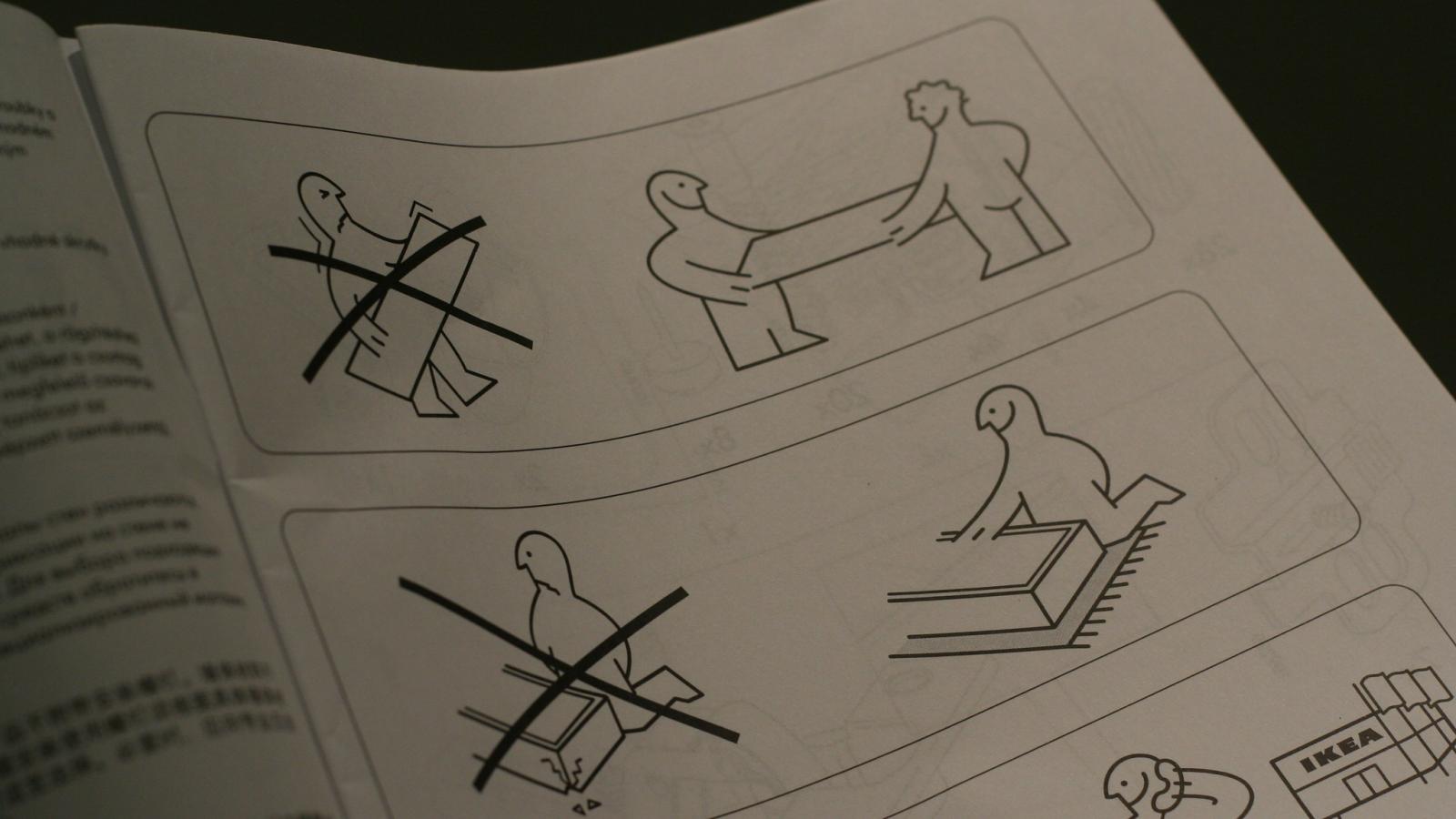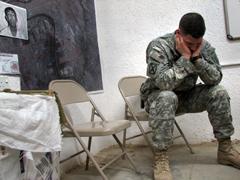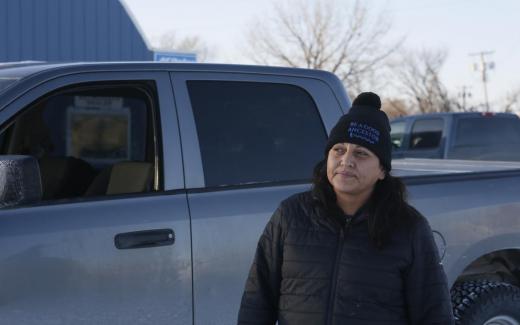What happens during a "how-to," and what our how-to's say about us. Most how-to's promise that you'll not only learn skills, you'll be transformed.
-
Download Control-click (or right-click) Tap and hold to download
- Subscribe on Spotify Subscribe in Apple Podcasts Subscribe
- Transcript

Prologue
Host Ira Glass with Brooklyn schoolteacher Melissa Cantor, who reads from a how-to manual written by a sixth-grade student. It's about how to protect yourself against unwanted visitors. Like the Wolfman. Dinosaurs. Aliens. We make how-to's to help ourselves believe the world is an orderly place that we can control, even when we can't. And how-to's go back to the very beginnings of our identity as English-speaking people: when it became legal to publish whatever you wanted in England in 1696, the books that immediately became the most popular were how-to's. They explained how — through hard work, education, self-control — you could better yourself and move up into what we think of today as the middle class. And in fact, they appeared before there was a substantial middle class; people read the books and created a middle class. Our identity is bound up in the very idea of "how to" — the notion that it's possible to better yourself, to become a different person. (7 minutes)
Act One
Roadrunner
Ira teaches Sarah Vowell how to drive with some advice from Tom and Ray Maggliozi, the hosts of NPR's Car Talk. It turns out that although we think of how-to's as the most rational thing in the world — follow the simple instructions and you'll learn — in real life, they're anything but simple. (26 minutes)
Act Two
How To Date A Browngirl, Blackgirl, Whitegirl, Or Halfie
A how-to by Junot Diaz, from his book Drown. (11 minutes)
Song:
“Fine Brown Frame” by Nellie Lutcher
Act Three
How To Increase Your Value As A Person
In which we tackle the biggest possible how-to we could think of: how to make your life worth more. And we get answers — real, practical answers — from the people whose job it is to think about this issue: insurance adjusters. Adam Davidson reports. (12 minutes)



